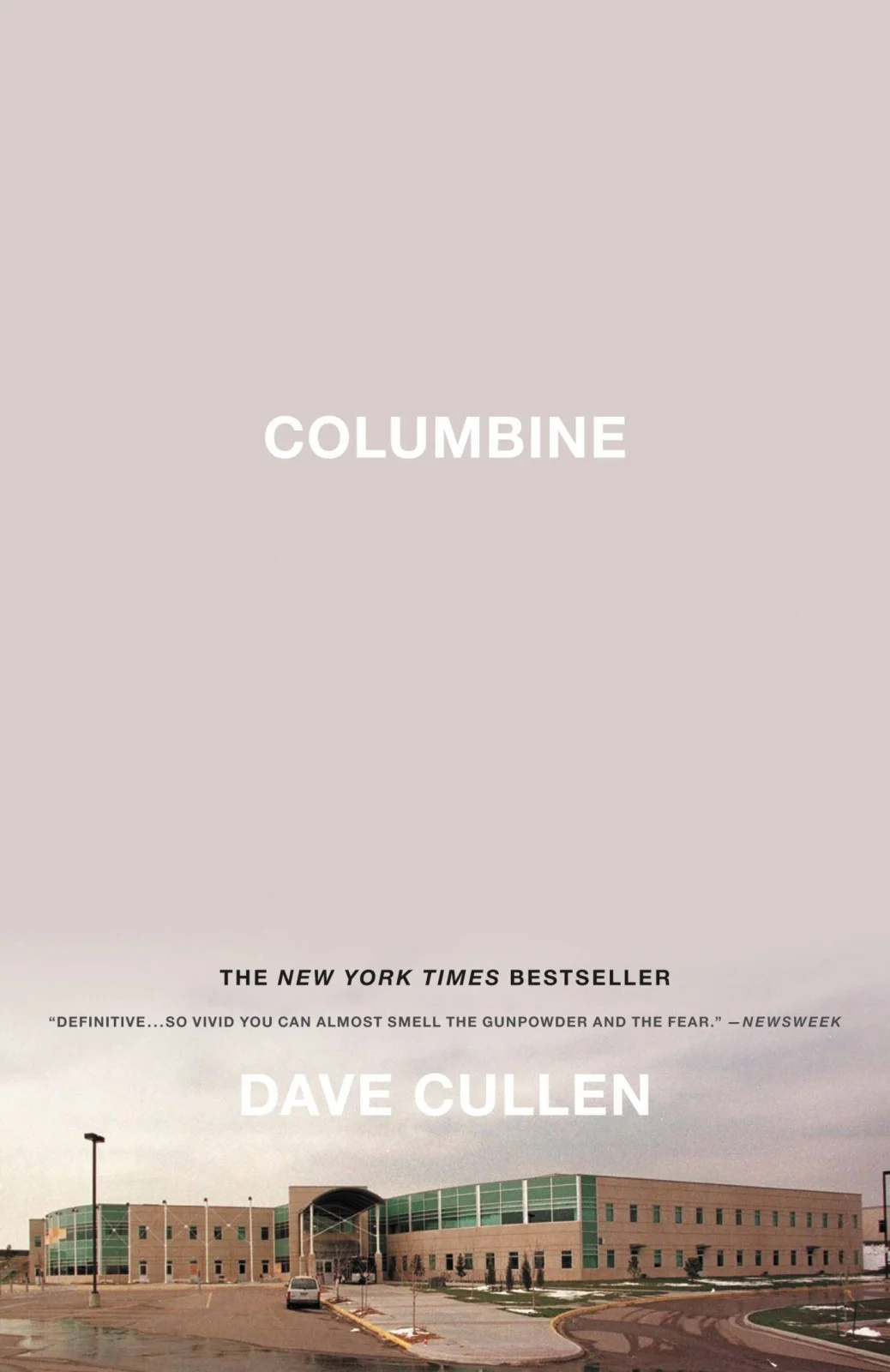Movie Review : A Cure for Wellness (2017)
A smart man once told me: "what people think of you is more important of what you think of yourself, because it's who you are to everyone. It doesn't matter what's in your heart unless you use it to change people's perception. Perception is reality." That's why it's important not to be a dick and consider other people's point of view once in a while. Sometimes you'll be treated unfairly anyway, though. It's the tragedy of human interaction. Our default programming is to be selfish and shitty to one another.
Speaking of unfair, Gore Verbinski's thriller A Cure for Wellness after a meager four weeks theater run last winter despite setting the internet ablaze with mysterious trailers for close to six month prior. The reason? It received poor review and was branded with RottenTomatoes seal of shame before its opening weekend. I wanted to see A Cure for Wellness in theater and missed my window because of critics and audience's perception. Was it unfairly disregarded? I've watched A Cure for Wellness during my vacation and boy, oh boy. I have a lot of things to say it.
A Cure for Wellness is the story of Lockhart (Dane DeHaan), a young, ambitious and unlikeable corporate executive tasked with retrieving the company's CEO (Harry Groener) from a mysterious wellness center in Switzerald. The company is being audited for criminal misconduct and the board of directors is hoping to pin the blame on their unsuspecting leader. Lockhart accepts the mission without blinking and intends to bring the old man back by any means necessary. His assignment suddenly becomes complicated when his town car hits a deer on the road and he wakes up in the wellness facility with a cast on his leg. Prisoner of the spa, Lockhart attempts to find the CEO nonetheless and begins navigating the labyrinth of this century-old spa where no patient seem healthy at all.
It's easy to understand why A Cure for Wellness was disregarded so quickly by critics: it's a little full of itself. It's one of these movies that depict corporations as faceless and soulless entities consuming people and it's not subtle about it. The woman on the board of director asks Lockhart if he's ever had a big, black 12 inch black cock up his ass when she refers to the criminal wrongdoings of the organization. I mean, who the fuck says that? Was it absolutely necessary to be this provocative to portray the corporation he works at as an unhealthy work environment? It's not like it's any groundbreaking news. Anyway, my point is that this obnoxious hot take on corporation sets up the wrong tone for the movie because this early statement is only accessory to the plot. If you power through it, you'll find that A Cure for Wellness has an unexpected and enjoyable layer of nuance. It's not just a style over substance movie.
The first thing you need to know in order to appreciate A Cure for Wellness is that it's a gothic narrative in the most traditional sense of the term. It's quite indebted to the fiction of iconic American author Edgar Allan Poe. It's set in a castle and its architecture plays an important part in the storyline. It features an unwell maiden (played by the aptly named Mia Goth), a tyrant (Jason Isaacs) and it walks a fine line between ancient beliefs and modern triumphalism. The obvious parallel is the The Fall of the House Usher, which also features an unwell maiden and a fucked up family dynamic. I believe this is why the movie is so off-putting at first. It's a modernized take on a classic genre that is conventionally told in a pompous and grandiloquent way, so it takes a while to adjust to the dissonance. It's not something moviegoing audiences are used to, but director Gore Verbinski remains super consistent with it throughout the film.
So, the main criticism A Cure for Wellness faced is that it's a style over substance movie. I disagree with that. The movie draws an interesting parallel between the scientific triumphalism of modernity and the wellness and self-help age in which we're living right now. The former officially ended after World War II when the Nazis experiments were discovered and people found out science could be used for evil and A Cure for Wellness suggests that this scientific recklessness when into hiding in the soft medicine and wellness industry. That people are so obsessed with being well and being happy in this day and age that they will put whatever in their body that will make them feel good. Jason Isaacs' character says it at some point: "Do you know what the cure for the human condition is? Disease. Because that's the only way one could hope for a cure." The heavy-handed anti-corporation argument in the beginning ultimately serves this argument against the quest for wellness I kind of dug it?
A Cure for Wellness was a box-office disaster. It made a paltry 20% back of its production budget in theaters, which makes it a certainty that we won't see this kind of movie again anytime soon. And guess what? It's unfair. Sure, it's a little self-important and pseudo-profound, but it a cohesive film with a head on its shoulders. It's also not quite what it appears to be at first glance. It uses misdirection in order to set up its main argument and doesn't spoon feed you anything. It's not a misunderstood classic by any means, but it's a smart movie that isn't given the credit that it's due. It's what author and pop culture philosopher David James Keaton calls an "almost good" movie. It would've probably become a classic had it been written by someone with a more confident and nuanced approach. Give A Cure for Wellness a shot. It's not the disaster it was portrayed to be.






